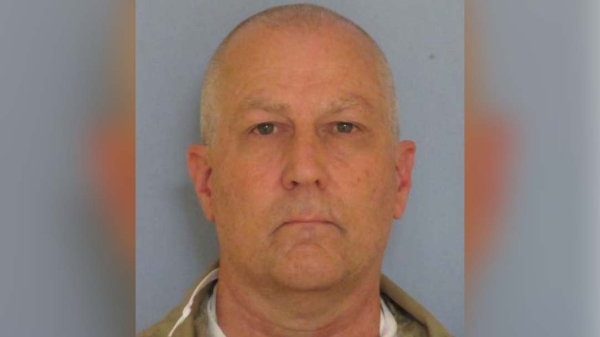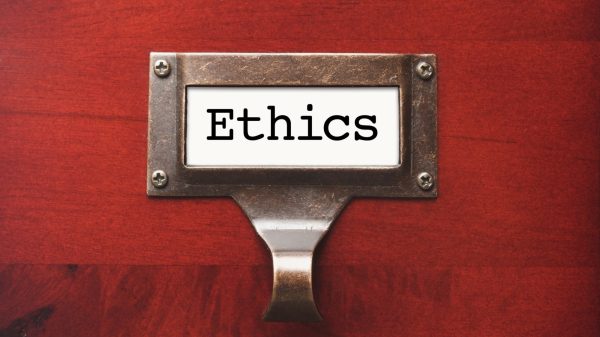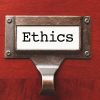By Bill Britt
Alabama Political Reporter
Over the last year, some in the Alabama Legislature have tried to define who is a journalist in such a way as to exclude some news reporters. In particular, any journalist who has reported stories contrary to the liking of the leadership of the Republican Supermajority.
Recently, Speaker Mike Hubbard hired white-collar criminal defense lawyer J. Mark White to send letters to anyone who he says has made false or libelous statements about him. Some have interpreted this to mean that Hubbard’s attorney is also targeting working journalists.
On Wednesday, Sebastian Kitchen, reporter for the Montgomery Advertiser, asked White, “if those receiving the letters concerning potential libel were… bloggers or journalists, White said, ‘Some of these people might like to think they are journalists and I do not accept that definition.’”
In the report, White who has spent much of his career representing criminal defendants and presumably not in the news business did not elaborate on how he might define a journalist.
However, this week, the U.S. Senate Judiciary Committee in a vote of 13-5 did attempted to defined in 837 words who is a journalist according to the ‘Covered Journalists’: Federal shield law.
David Cuillier of The Society of Professional Journalists breaks it down in simple terms, “the federal shield law bill (Free Flow of Information Act of 2013, S. 987) passed through the Senate Judiciary Committee, 13-5, and it included amended language defining who is entitled to reporter’s privilege. The definition is really broad, as it should be. It includes college journalists, freelancers, bloggers (particularly those with traditional legacy media experience in the past 20 years), anyone working for a “news website” and just about anyone else gathering information and disseminating it for the public good.”
The committee concludes that the person has a “primary intent to investigate events and procure material in order to disseminate to the public news or information concerning local, national, or international events or other matters of public interest.” Or, that the person should be engaged in “regular gathering, preparation, collection, photographing, recording, writing, editing, reporting or publishing on such matters.”
While there will be those who will seek to narrow or broaden the meaning of a journalist, this proposed legislation should go a long way to helping establish who would qualify in the fast changing world of the media.
In a time when the Birmingham News, the Press-Register and the Huntsville Times all have been gathered under what by internet definition is considered a blog, known as , the idea of who is a journalist is a question that is being redefined for our age.
According to the Princeton Review:
“There are many types of journalists, from the local beat newspaper reporter to the foreign correspondent, the magazine feature writer to the freelance book reviewer, and so on… Journalists interview sources and review records to assemble, collect, and report information and explore the implications of the facts. Journalism informs, educates, chastises: Do not underestimate the power a journalist holds. Remember Watergate?”
In light of the extraordinary steps being taken to “investigate” citizens or bloggers and even perhaps journalists for remarks made about a powerful politician, perhaps the journalists of the state should be asking are these actions legitimate or are they a veiled attempt to silence dissent and limit free speech?
One of the jobs of a journalist is to stand-up to government, calling to account those who would corrupt the system, use their office for personal gain or cheat the citizens of their right to representative government.
In the last few days, the Alabama Political Reporter, has received dozens of emails and calls asking if we have received any letters from Hubbard’s attorney.
We have not and see no reason why we should.
Each of our staff members has worked for years and in most cases decades as journalists and editors in traditional media. Even recognized as award-winning investigative reporters by the Alabama Press Association. Our reporting is well-documented with government records and many named sources. We, as all journalists do, from time-to-time, voice our opinions. These are hopefully well reasoned and within the scope of knowledge of the individual writer.
A journalist must never fear the power of government but report the facts with accuracy and tenacity, believing that a free and unfettered press is still the best weapon against the threat of tyranny.
A journalist must holdfast the Jeffersonian principles of a free press, about which Jefferson wrote, “The only security of all is in a free press. The force of public opinion cannot be resisted when permitted freely to be expressed. The agitation it produces must be submitted to. It is necessary, to keep the waters pure.”
Threats of legal action if one speaks out regarding a publicly elected official should send a cold chill throughout the news reporting community. Bullying individuals who speak their minds concerning a politician is the worse kind of menace in a free society and should be met with fierce resistance.
When threats and bullying by politicians against citizens or journalists becomes the norm, then our government has become little more than an dictatorship controlled by the elites and those lawyers who are paid to protect them.





















































